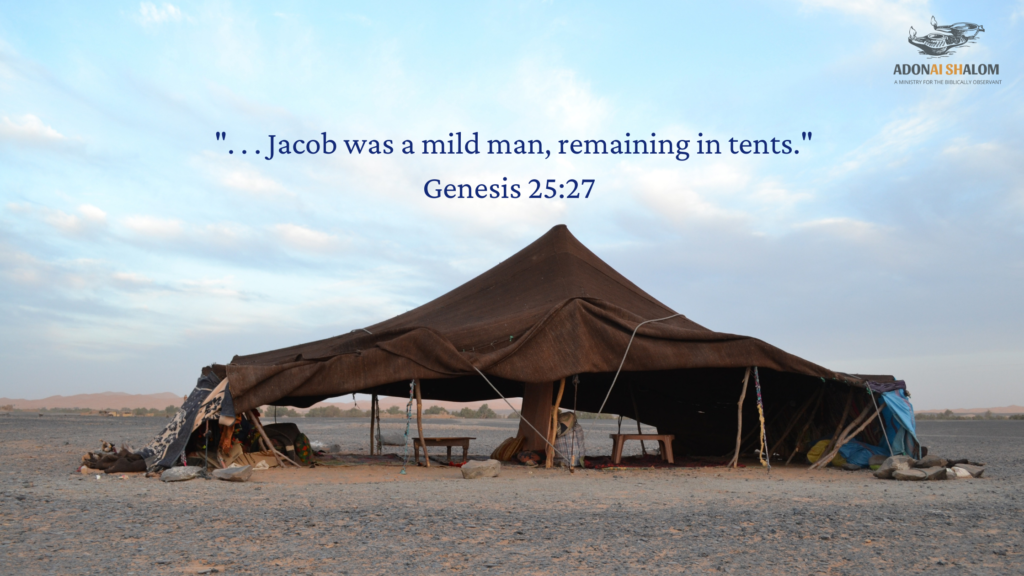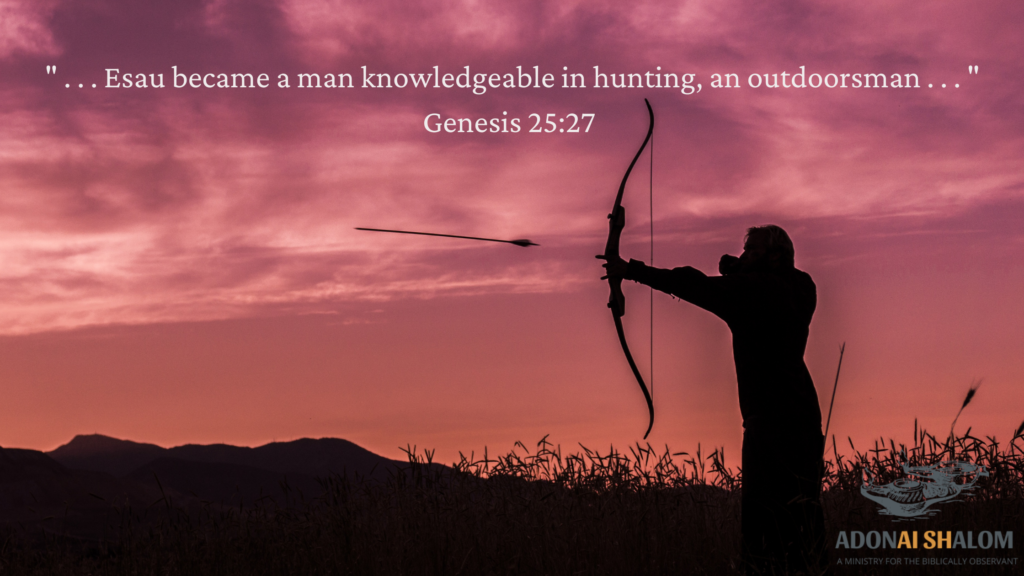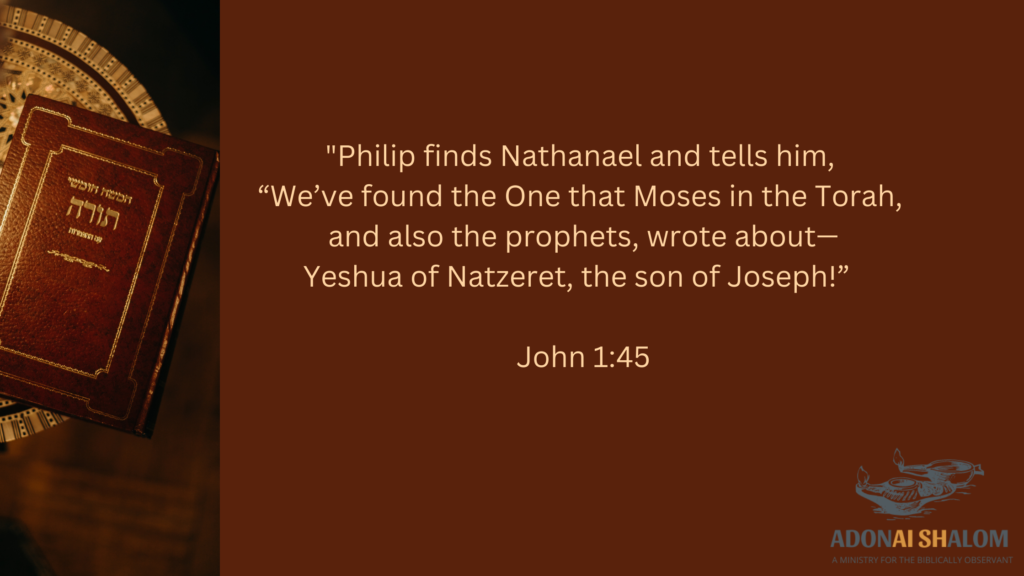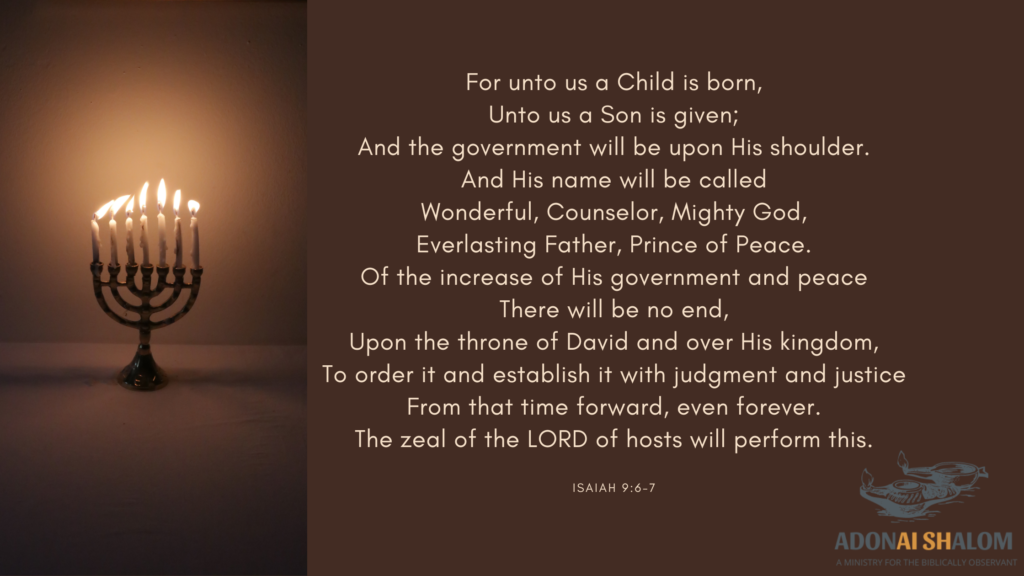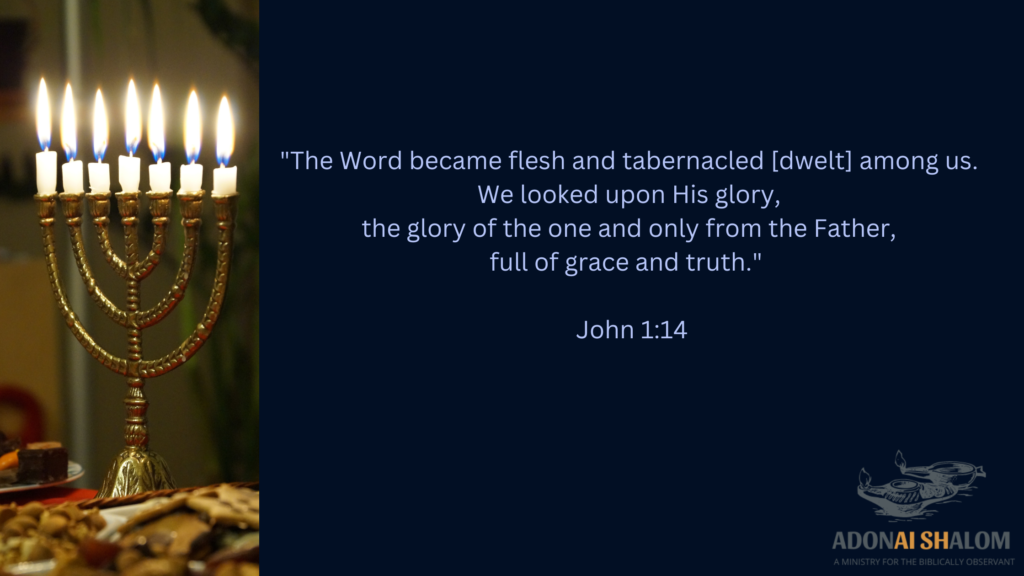A young Israelite slave girl’s great faith and love + check out my Guest Post at A Child Shall Lead Them blog
5784 B”H
About two weeks ago, I was so blessed to be invited to Guest Post for the A Child Shall Lead Them blog about the Israelite slave girl mentioned in 2 Kings 5. You can find that post at this link.
Children in the Bible series
It was a neat challenge for me because I am not typically very involved in “children’s ministry” per se.
But I do have children, so I do know that sometimes we need to break the Scriptures down into manageable segments for the youngest among us!
And sometimes, even we adults need the same.
Analyzing small segments of Scripture
Breaking down a passage into manageable segments does not have to mean missing out on the incredible depth and richness of Scripture!
In fact, analyzing small segments of the Scriptures is actually a marker of careful study, and provides such impactful results in the life of any follower of our Savior and Messiah Jesus.
If your schedule is super busy and you feel frazzled, this is great news for you! You don’t have to read pages and pages of the Bible to learn and to study (although I will never discourage anyone from doing so!). Often, one single verse is enough to meditate on for days, even weeks when you invite the Holy Spirit (Ruach haKodesh) to illumine your mind and heart to the multifaceted meaning of the Word of God.
Scripture was written for you and for me. Those who were inspired by the Holy Spirit to record what they had seen and heard, like Dr.Luke the physician who authored the Gospel bearing his name, wrote so that you and I “may know for sure the Truth of the words you have been taught.” (Luke 1:4 TLV). Every single Word of the Bible is absolutely 100% inspired and perfect and without error.
It is a privilege to be able to access the Scriptures in so many translations, so we should respond in great gratitude by studying and learning every day so we can continually grow in our relationship with God.
Like I said in that guest post, I love to learn about some of the lesser-known figures in the Bible. Though mentioned only in a single verse or two, their story and legacy is important enough they still made it into the pages of the sacred Scriptures!
One such individual is the young Israelite slave girl mentioned in 2 Kings 5:2-4. She only gets two verses! But two are at least two!
Don’t ever think you are insignificant.

You might think you are making a very small difference, either in the life of your family or in your community, but if you are a person who seeks the LORD with all your heart and desire to serve Him each and every day, you are much more significant than you realize.
Naaman and a young Israelite slave girl’s faith
“Now Naaman, commander of the army of the king of Syria, was a great and honorable man in the eyes of his master, because by him the LORD had given victory to Syria. He was also a mighty man of valor, but a leper.
As I wrote in my guest post, Naaman the Syrian was a decorated soldier who served as the commander of the Syrian king’s army.
We see in the Scripture passage that the king of Syria revered him, calling him “great and honorable” and the LORD even gave Naaman’s country victory in battle.
I also pointed out that even the bravest and strongest of men can endure the greatest of difficulties: in this case, Naaman was suffering from leprosy.
At that time, leprosy was truly an isolating and painful condition, a disease seen as without remedy.
Yet the Bible shows us that when find ourselves quarantined and isolated, fearful and rejected, we are never without hope.
I imagine that Naaman was going through a dark time in his life. He was a conqueror, but now he probably felt like the disease was conquering him. It was something that would have damaged his reputation and his future goals. It was something that would have damaged his marital life. Perhaps Naaman had had to move out.
The Syrians had captured and enslaved the young Israelite girl mentioned in the passage, but surprisingly this sweet girl does not demonstrate any resentment. Instead, she chooses to be a witness in faith – she shows genuine concern for her master, Naaman!
The “If” of Faith

If.
If only.
“If” is such a short word, but it can change an entire outcome and outlook.
“If” is a word for people who know how to dream, to look beyond what our natural eyes can see. “If only” there could be a change. “If only” I believe! “If only” our God will work on our behalf!
He will!
He absolutely will!
“If” becomes “Yes and Amen” when we believe.
“If” we dare to seek God’s vision in our lives, we will see results of our faith – we will being to see healings and miracles and walk in victory.
The Israelite slave girl knew that if a true prophet of God were around, surely Naaman could be healed. She didn’t doubt – and did you notice? There’s no “maybe” in that verse. It is a verse of faith. This young captive girl knew there existed hope for her master.
She was able to find love in her heart to care enough that her master receive a healing miracle.
Elisha the Prophet and Miracle-Worker
I mentioned in my post for the children’s blog that the Bible indicates that Elijah’s successor, Elisha, was gaining quite a reputation in Israel – both as a prophet and miracle-worker. This Israelite slave girl had somehow either heard about or seen firsthand the wonders occurring in Israel through Elisha’s ministry prior to becoming enslaved.
The sons of the prophets had witnessed Elisha’s early miracle-working power.
Well, many of those sons would have had wives and children and so word would have quickly gotten around. Israel wasn’t a huge place, after all. You know how fast rumors spread, and this rumor just happened to be true!
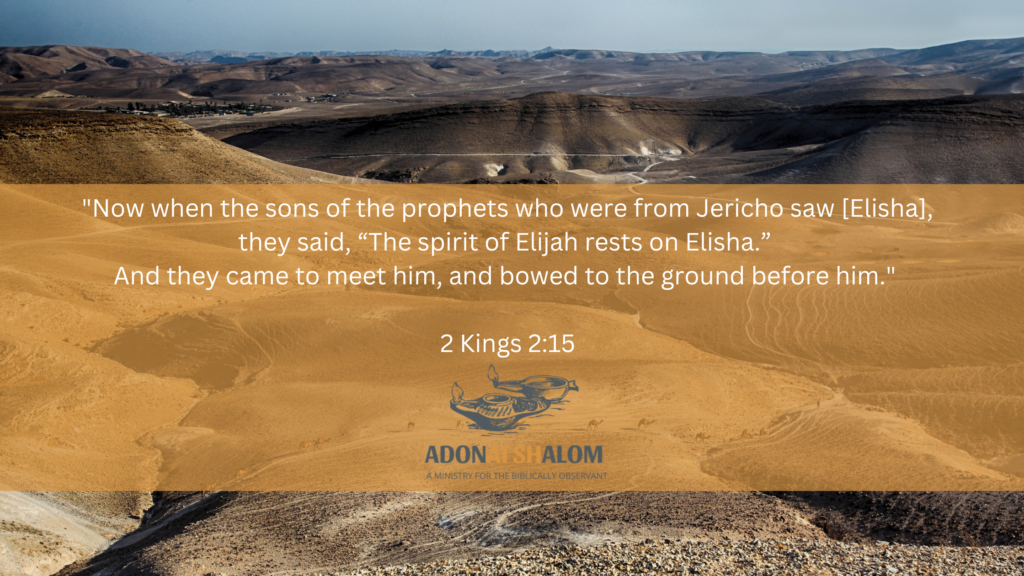
Israel has always been such a unique place. Miracles were occurring, people were talking, and even a child like this slave girl had seen or witnessed the power of God.
It amazes me . . . no, more like “dismays me”! that there are many people who do not believe God is still working miracles today.
If He was willing to work in Israel in a miraculous way before the redemption won on the cross of Calvary by our Lord Jesus (Yeshua haMashiach), surely He is willing to work in miraculous ways today!
The slave girl may or may not have seen a miracle first hand, but she absolutely believed in miracles.
She knew a miracle could be waiting, even for her foreign master.
Do you have confident faith?
I love how this passage, short as it is, proves that the Israelite slave girl had confident faith.
It may be redundant to say “confident faith” because true faith must be confident!
But I urge you: be confident in the One in whom you have placed your trust!
Have great confidence in all of the promises that He has given you!
Trust and be confident – have a righteous certainty that the LORD God Almighty absolutely can and will work in your life and use you for His glory!
Be confident that even if you find yourself feeling bound or enslaved, He has the power to set you free and help you to love even those who have persecuted you.
What a mighty God we serve!
When you learn to love others, your own faith will grow, and like the servant girl, you will see the hand of God work in your life.
Love others today!
The Israelite slave girl concerned herself for the need of her master rather than her own predicament.
If I can give you one challenge today it is: love others. Be intentional. When someone crosses your path … and maybe it’s on the highway and you’re upset about it, pray for them.
There may be someone who you would never expect to follow God or love Him, but maybe, just maybe, they will see the love of God in you, and want to follow after Him, too.
